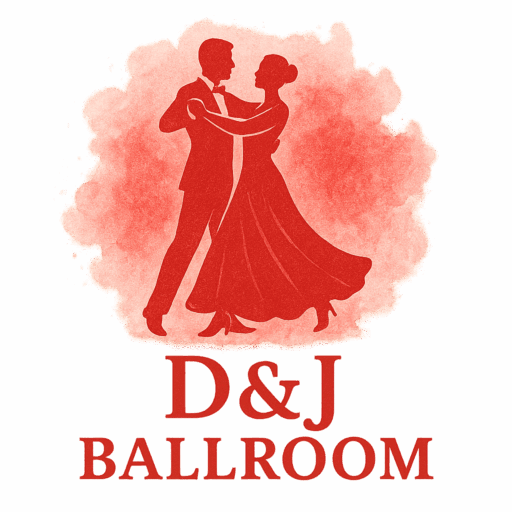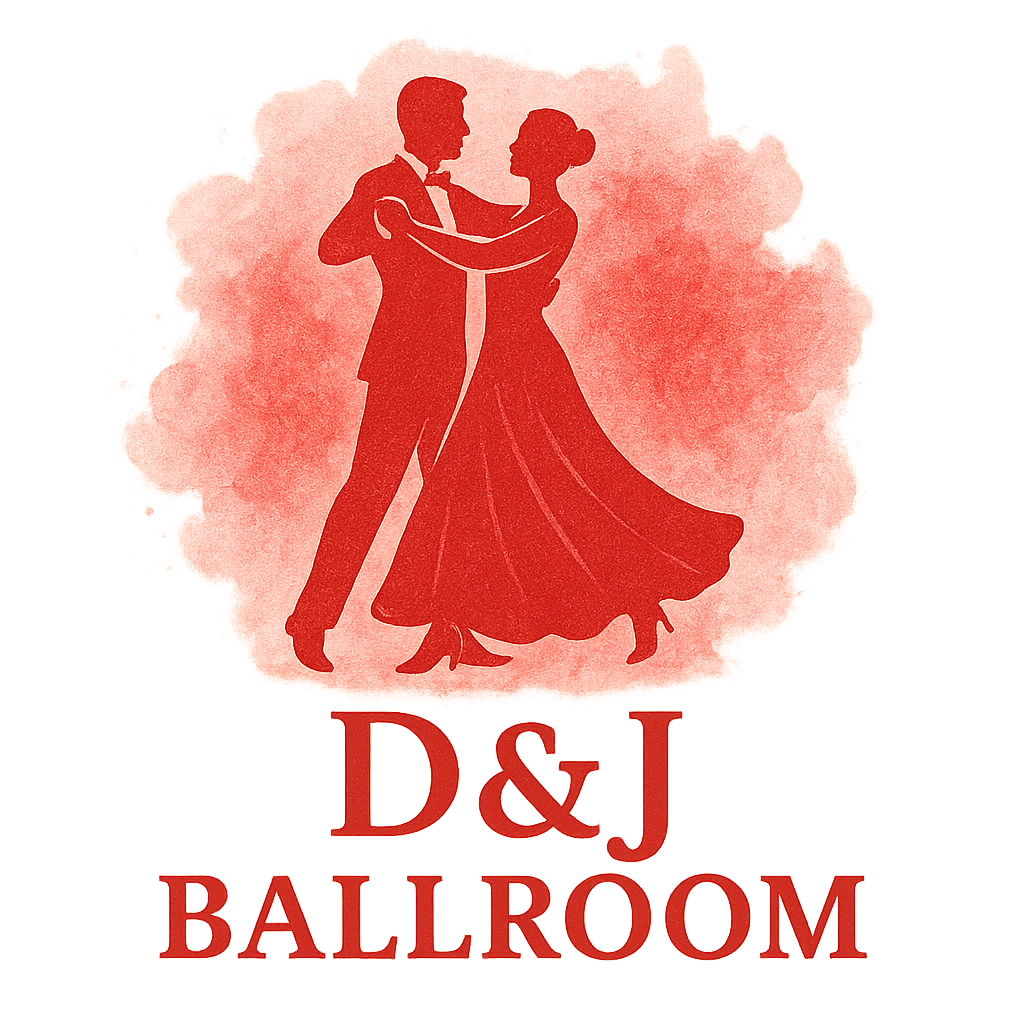Introduction: Let’s Talk Latin Energy
Hey, dance lover! Ever find yourself tapping your foot when Latin music comes on? That irresistible rhythm, those sensual moves, that fiery energy—Latin ballroom dance has a magical way of pulling you in. Whether you’re a seasoned dancer or just starting, these dances don’t just spice up your steps—they light up your soul.
What Are Latin Ballroom Dances?
Latin ballroom dances are more than steps and routines—they’re full-blown emotional expressions wrapped in movement. With roots stretching across countries like Cuba, Brazil, and Spain, these dances have taken the competitive ballroom world by storm.
The Unique Flair of Latin Ballroom
Unlike standard ballroom styles (like the Waltz), Latin dances tend to:
- Be danced in place rather than traveling across the floor
- Involve sharp, rhythmic hip movements
- Emphasize expressive arm and hand styling
- Radiate raw emotion—from passion to playfulness
How Latin Ballroom Differs from Standard Styles
Check out this comparison:
| Element | Latin Ballroom | Standard Ballroom |
|---|---|---|
| Music | Percussive, rhythmic | Smooth, flowing |
| Posture | Relaxed, expressive | Upright, formal |
| Hip Movement | Strong Cuban motion | Minimal hip action |
| Footwork | Fast and intricate | Gliding and sweeping |
To really understand the heritage behind ballroom, peek at this ballroom history and culture guide!
#1: Cha-Cha – The Flirtatious Firecracker
Origins and Background
The Cha-Cha hails from Cuba and emerged as a slowed-down version of the mambo. Its cheeky character makes it one of the most playful Latin dances around.
Cha-Cha Techniques and Training
To master the Cha-Cha, you’ll need crisp footwork, clear timing, and flirty energy. Want to perfect it? Dive into ballroom techniques and training.
Style and Rhythm
Think of the rhythm as “2-3, Cha-Cha.” That double step gives it a skip-like flair that dancers love.
Where to Learn the Cha-Cha
You can start with local dance classes or browse the training tag on D&J Ballroom to explore drills.
#2: Samba – The Brazilian Beat That Moves You
Roots of the Samba
Straight from the streets of Brazil, Samba is festive, energetic, and packed with bounce. It’s like dancing through a Rio carnival—even in your living room.
Samba Dance Styles and Variations
Samba isn’t just one dance—it has styles! There’s the lively Ballroom Samba and the rapid Brazilian Samba no pé.
Samba Techniques and Training
Mastering Samba bounce takes time. It’s about timing your knees with the beat—kind of like a spring-loaded salsa.
Attire That Brings Samba to Life
Think feathers, fringe, and sparkle. For wardrobe inspiration, check out ballroom attire and fashion and their wardrobe tag.
#3: Rumba – The Dance of Love
The Heartbeat of Rumba
Rumba is slow, sensual, and deliberate. Every movement tells a story—usually one of love, desire, or heartbreak.
Cultural History of Rumba
Originating in Afro-Cuban communities, Rumba is deeply rooted in storytelling. It’s perfect for dancers who want to pour emotion into their performance.
Feeling curious? Explore the culture tag to go deeper.

#4: Paso Doble – The Dramatic Duel
Paso Doble and Its Bullfighting Origins
Paso Doble is pure drama. Modeled after the Spanish bullfight, the lead (traditionally the matador) and follower (often representing the cape) tell a bold, confrontational story.
Theatrical Elements and Posing Techniques
Everything’s exaggerated in Paso Doble—from the music to the moves. Posture is everything, and strong poses define the dance.
Learn more from D&J’s Paso Doble styles and ballroom training, which shares a flair for drama too.
#5: Jive – The Energetic Crowd-Pleaser
Jive’s American Swing Roots
Born in the USA, Jive is the peppy cousin of swing and lindy hop. It’s bouncy, happy, and demands a TON of stamina.
Why Jive Feels Like a Party
Every step in Jive feels like you’re at a rock ‘n’ roll concert in the 1950s. Fast kicks, triple steps, and joyful spins—what’s not to love?
Amp up your skills with Jive drills from the drills tag.
Benefits of Learning Latin Ballroom Dances
Physical Fitness & Coordination
Latin dance is basically cardio with rhythm. You’ll burn calories, boost coordination, and tone your core with every step.
Social Confidence & Mental Clarity
Whether you’re preparing for a ballroom competition or dancing just for fun, Latin dances help you feel bold and free. You’ll build confidence on and off the floor.
Latin Dances in Competitions and Events
Showcasing Talent on the Big Stage
Competitions are your time to shine! Latin ballroom routines in events showcase passion, speed, and precision.
Explore the competitions tag and upcoming events near you.
Competitive Fashion and Wardrobe Tips
A sparkling costume isn’t just flair—it’s function. The right outfit enhances your lines and draws the judge’s eye. Get tips from the fashion tag.
Conclusion: Feel the Rhythm, Live the Dance
Latin ballroom dances are like fireworks for your soul. From the flirtatious Cha-Cha to the powerful Paso Doble, every dance brings something new. Whether you’re in it for fitness, competition, or fun, let the Latin rhythm fuel your every move.
To dive deeper into styles, explore ballroom dance styles or get inspired by D&J Ballroom.
FAQs
1. What are the top 5 Latin ballroom dances?
The top five Latin ballroom dances are Cha-Cha, Samba, Rumba, Paso Doble, and Jive.
2. Which Latin dance is easiest for beginners?
Cha-Cha is often considered beginner-friendly because of its clear rhythm and easy-to-follow steps.
3. Do I need special shoes for Latin ballroom dancing?
Yes! Latin dance shoes have suede soles and a slight heel to help with movement and posture.
4. How often should I train for Latin ballroom competitions?
Aim for 3–5 sessions a week with focused training and drills for best results.
5. Can Latin ballroom dance help with fitness?
Absolutely! It’s a full-body workout disguised as a dance party.
6. What attire is recommended for Latin dance events?
Sparkling dresses, fringes, and tailored outfits that enhance your lines—get ideas from ballroom attire and fashion.
7. Where can I explore more about ballroom history and styles?
Start with ballroom history and culture and ballroom dance styles for a full picture.


